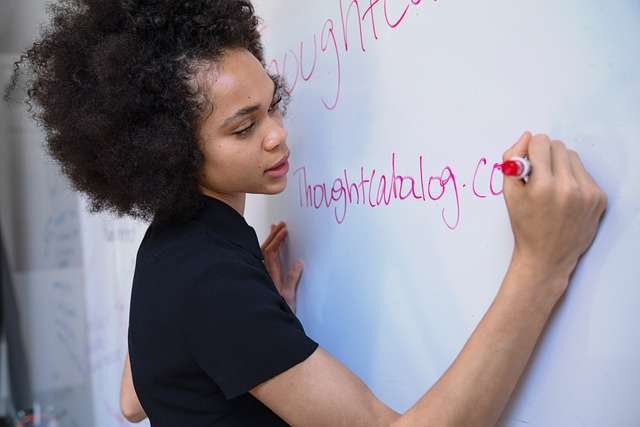THE POWER OF SELF REFLECTION
Self reflection is a lifelong process so today is the first day of this journey. It teaches what you need to know about yourself. This helps you make better choices which leads to a more joyful life.
Even so, one competency that is often less talked about is reflection. The habit of reflection will help you be self-aware of how your choices affect your life.
The practice itself is all about learning, looking back on the day (without bias or regret) to contemplate your behavior and its consequences. It requires sitting with yourself and taking an honest moment to think about what worked, what didn’t, what can be done, and what can’t. Reflection requires courage.
How To Use Self-Reflection In Your Daily Life:
1. Start your morning with a word of the day.
For example, today’s word is compassion, so no matter if someone makes you upset, you are going to find a way to be compassionate. If you can not accomplish it, then this is an area you need to explore further.

2. Use a dry-erase board to plan your day/week/month
Planning helps you track your progress on goals, dreams, etc. A dry-erase board’s purpose is to be seen somewhere in your home so that you are reminded daily of your plan.
3. Use your phone calendar to keep track of your daily schedule.
If you do not have anything except for work then it’s time to get a life. A phone is your organizer and planner if you use it that way. The calendar helps you remember anything that you put in it. It will send you reminder notifications at the time you set it for.
4. Look through your contact list is there someone you have been neglecting.
Checking in with friends and family is important so that you don’t become isolated in your own world. These relationships are important as you move through life, you never know when you might need some help.
5. Find a hobby that you can do at least once per week.
A hobby will make you explore a different side of yourself and you may discover a hidden talent. Life is about learning so a new hobby will help you learn something new. Also, a new hobby could one day lead to a new business.
6. Reflect on your daily interactions.
After socializing or completing a task, think about how you could have approached the situation differently. The more aware you are the better decisions you will make.

Prompts in this Guided Journal help you navigate the writing process.
7. Set aside time for self-reflection.
Dedicate specific times each day or week for self-reflection. Being connected with yourself daily by writing in a journal helps you hear your inner voice.
8. Evaluate your progress
Regularly assess your progress towards your goals and make necessary changes. This is where the dry-erase board comes in handy. If your goals include numbers, it is easy to follow your achievements by doing the math.
9. Practice gratitude
Take time each day to reflect on what you are thankful for and how you can show gratitude.
10. Engage in therapy or counseling
A trained professional can help you gain insight into your thoughts and emotions. Therapy also helps you connect your past to your present to see if you are making the same decisions and are trapped in a circle of repeat.
11. Engage in meaningful activities
Participate in hobbies or volunteer work that brings you joy and fulfillment, and reflect on how they impact your life.
12. Remember, self-reflection is a continuous process of growth and self-discovery.
Incorporating self reflection into your daily life can help you gain a deeper understanding of yourself and improve your relationships, career, and overall well-being. Even if it’s 10 minutes a day, take the time to connect with yourself.
Self-Reflection Helps With Frustration
In life, there may be many things that frustrate you. Why? Because you can’t control them. Feeling out of control is the bases for most frustration.
Someone parks in our space, our flight is delayed, we get stuck in traffic, or our loved one is late picking us up. It’s important to understand that, at the root of frustration, lies our goals, or the objects of our ambitions and efforts.
RELATED: Guided Journal For Self-Reflection
In Conclusion:
Goals reflect our values and our values make up the compass that keeps us connected to our higher purpose in life and at work. When you’re frustrated your goals are stuck and you’re not able to get what you want. But pushing through that frustration and finding solutions and other ways to cope.
Self-reflection will help your figure out what you’ve been missing to move things forward resulting in your growth.



